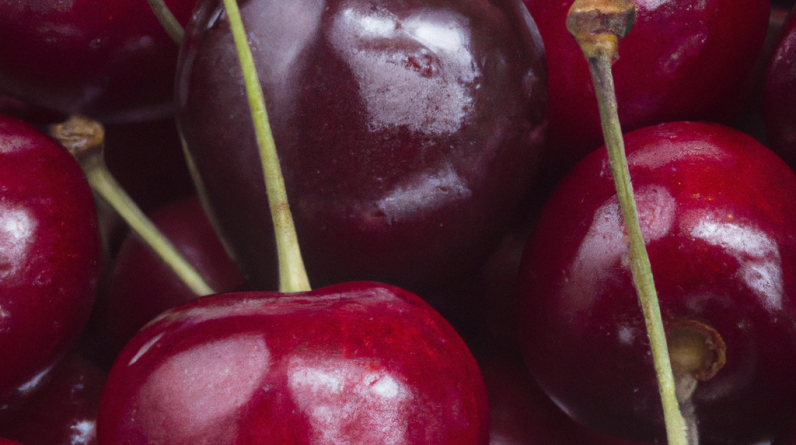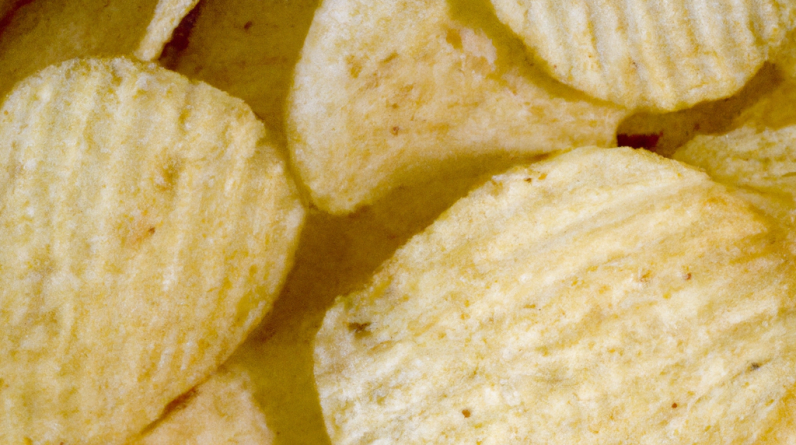Are Scallops Good For Diabetics?
What Exactly Are Scallops?
Scallops are a type of bivalve mollusk, or a type of shellfish, that is commonly enjoyed in restaurants and at home. They are valued for their natural sweetness, and are a popular addition to many dishes. Scallops are harvested from the sea, and because of the demand for their succulent taste, they can often be found fresh or frozen in many markets.
Are Scallops Good for Diabetics?
Scallops can be a wonderful, healthy option for diabetics to add to their diet. They are low in bad cholesterol and natural sugar, and are also high in essential nutrients like Vitamin B12, magnesium, and iron. Scallops are also a good source of lean protein, which helps to keep blood sugar levels stable and minimize inflammation.
Benefits of Eating Scallops for Diabetics
Eating scallops can be a beneficial addition to a diabetic’s diet. By adding scallops to your diet you can reap several different health benefits:
1. Lowering Cholesterol
Scallops are a great source of lean protein, and are naturally low in saturated fat and cholesterol. This makes them a great option for those who are trying to watch their cholesterol intake.
2. Not Spiking Blood Sugar
Scallops are low in sugar and carbohydrates, so they won’t cause a spike in blood sugar the way other types of food can. This is important for those with diabetes, who are more susceptible to these fluctuations.
3. Improving Heart Health
The lean proteins found in scallops can help reduce cholesterol and triglyceride levels, which can improve overall heart health. For diabetics, this is especially important, as they are already at an increased risk of cardiovascular disease.
4. A Source of Omega-3 Fatty Acids
Scallops contain healthy omega-3 fatty acids, which can help reduce inflammation and protect against heart disease. This is another great benefit for diabetics, as this can help decrease their risk of heart problems.
5. Improved Vision
Scallops are a good source of Vitamin A, which is important for eye health. For diabetics, having strong vision can be especially important, since it can allow for better management of their diabetes.
How to Incorporate Scallops Into Your Diet
Scallops are a versatile option for diabetics. Here are some ideas for how you can easily incorporate them into your diet:
1. Stir Fry
You could toss some diced scallops into a stir fry with vegetables and your favorite spices. This is a healthy and delicious option for lunch or dinner.
2. Skewers
For a light evening meal, you could skewer some scallops with mushrooms, bell peppers, or other vegetables and grill or roast them.
3. Scallop Salad
Mix diced scallops with your favorite greens and some extra vegetables, nuts and seeds. This makes for a colorful and nutrient-packed salad that is big on flavor.
4. Lettuce Wraps
You could wrap some cooked scallops in lettuce leaves and top with some fresh vegetables and a nutritious sauce of your choice.
5. Seafood Soup
You could make a heartwarming and nourishing soup with scallops, shellfish, vegetables, and healthy seasonings. This would make for a great meal on its own, or a nice accompaniment to a larger meal.
General Tips for Eating Scallops with Diabetes
While scallops can be a great addition to a diabetic’s diet, it’s important to remember some general tips in order to get the most out of them:
- Choose fresh or frozen scallops, as canned or salted versions may be higher in sodium.
- Watch your portion size, as eating too much can cause a spike in blood sugar.
- Avoid added sugars or sauces when cooking or eating scallops, as this can cause a rise in blood sugar.
- Choose healthy cooking techniques such as grilling, roasting, or steaming to get the most out of the scallops.
- Make sure to track how eating scallops affects your blood sugar levels, as this will help you determine whether or not they are a good option for your diet.
FAQs
Q. Are scallops good for diabetics?
A. Yes, scallops can be a great addition to a diabetic’s diet. They are low in saturated fat and cholesterol and a good source of lean protein, which helps keep blood sugar levels stable.
Q. What are the benefits of eating scallops for diabetics?
A. Eating scallops can be beneficial for diabetics, as they can help to lower cholesterol, not spike blood sugar, improve heart health, provide omega-3 fatty acids, and improve vision.
Q. How can I incorporate scallops into my diet?
A. There are many ways to incorporate scallops into your diet. Some ideas include stirring them into a stir fry, skewering them with vegetables and grilling or roasting them, making a scallop salad, wrapping them in lettuce leaves, or cooking them in a soup.
Q. Any tips for eating scallops with diabetes?
A. It’s important to remember to watch your portion size and avoid added sugars or sauces. Choose fresh or frozen scallops, as canned or salted versions may be higher in sodium. Additionally, choose healthy cooking techniques such as grilling, roasting, or steaming. Lastly, be sure to track how eating scallops affects your blood sugar levels in order to determine if they are a good option for your diet.
Q. Are scallops high in sugar and carbohydrates?
A. No, scallops are naturally low in sugar and carbohydrates, so they won’t cause a spike in blood sugar. This makes them a great option for those with diabetes who are more susceptible to these fluctuations.
Conclusion
In conclusion, scallops can be a great addition to a diabetic’s diet. They are low in bad cholesterol and sugar and high in essential nutrients, lean proteins, and omega-3 fatty acids. With the right portion control and healthy cooking, scallops could be a beneficial part of any diabetic’s diet.






